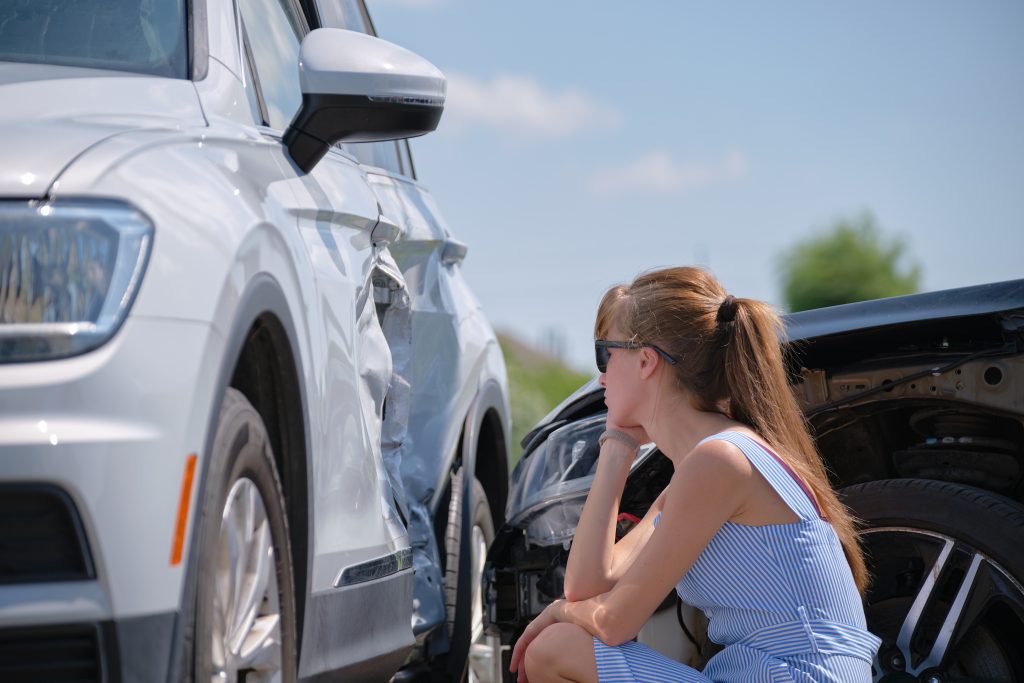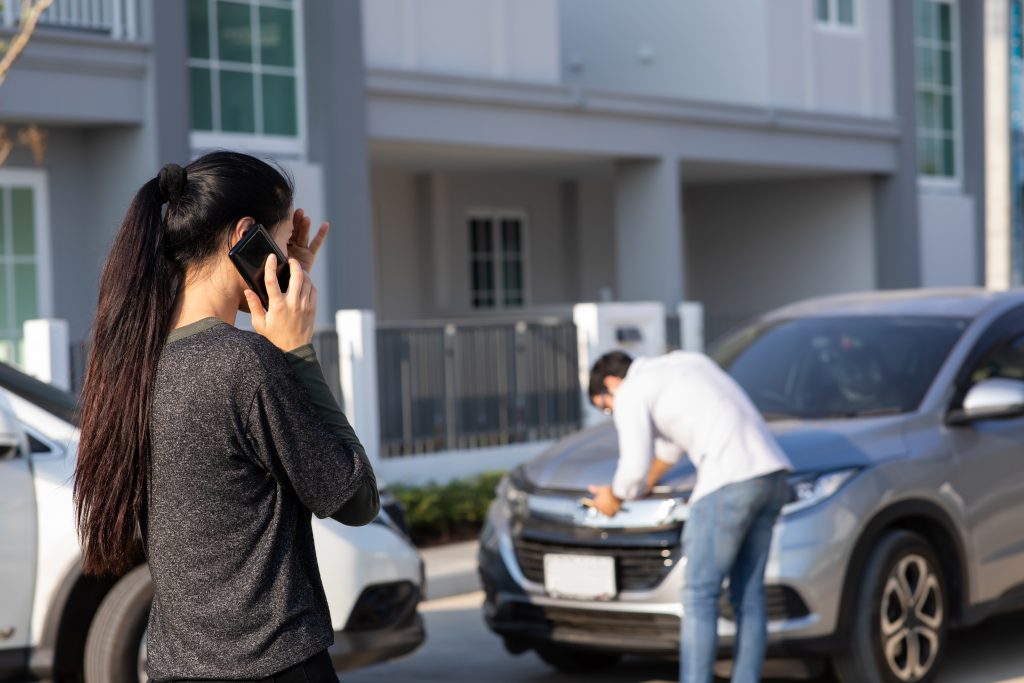Auto insurance protects you financially in the event of a car accident. Depending on the coverage you have, your auto insurance can help cover the costs associated with repairing property damage and paying medical bills if you cause an accident or are in a no-fault accident. This greatly decreases any financial stress that can follow an already-stressful event.
However, different types of auto insurance coverage cover different costs. It’s important to know what costs your policy covers, so that you’re not blindsided if you’re ever in an accident.
To help you choose the coverage you need, we’ll break down the different types of auto insurance coverage available and how they can protect you on the road.
1. Liability Insurance
Liability insurance covers the other involved party’s costs when you cause an accident. Most states require drivers to carry bodily injury and property damage liability insurance. Bodily injury liability covers the costs of injury to another person when you’re in an at-fault accident while property damage liability covers the costs of damage to another person’s car or property.
Important note: liability insurance does not cover expenses associated with your own injuries or vehicle damage when you’re at fault.
2. Collision Insurance
Collision insurance can provide financial assistance up to your vehicle’s actual cash value (minus your deductible) in two scenarios:
- You get into an accident with another vehicle. Collision coverage helps pay for repairs to your car, regardless of who caused the accident.
- You hit an object with your car. Collision coverage helps pay for repairs to your vehicle if you hit an object like a fence, building, or tree.
While not all states require drivers to carry collision insurance, you may want to add it to your policy to receive additional financial protection in case of an at-fault or no-fault accident.




